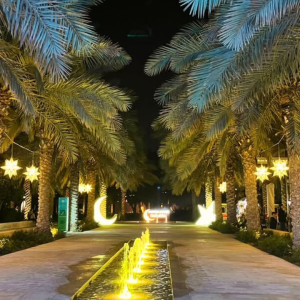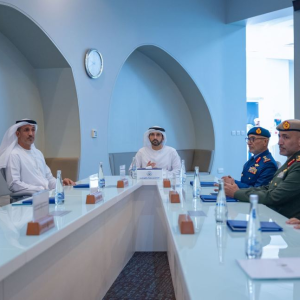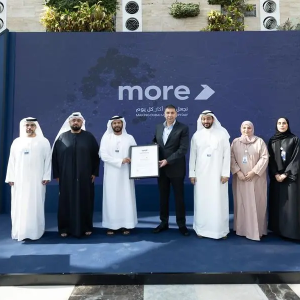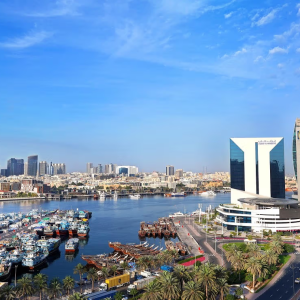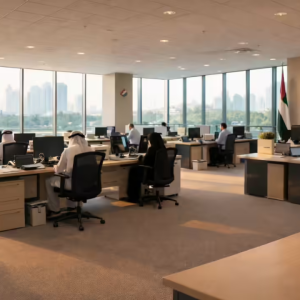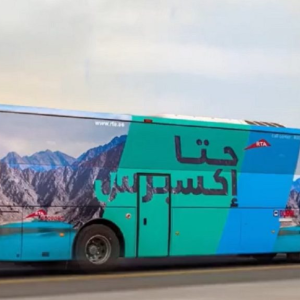The UAE Western Balkans investment strategy has become one of the most important developments in global politics and economics. The United Arab Emirates, long known for its oil wealth and modern cities, is now expanding into new regions. The Western Balkans, with its strategic location and developing economies, has emerged as a key focus area. This involvement is not only about money but also about influence, diplomacy, and identity.
This article explores why the UAE is investing in the Western Balkans, the main sectors of involvement, and the long-term impact on both sides.
Why the UAE is Interested in the Western Balkans
The Western Balkans include countries such as Serbia, Bosnia and Herzegovina, Montenegro, Albania, and North Macedonia. These countries have drawn attention from the UAE for several reasons.

- The region is a gateway between Eastern and Western Europe, offering access to EU markets.
- Investment opportunities are often undervalued compared to Western Europe.
- Partnerships with Balkan governments help the UAE diversify its global alliances.
- Shared religious and cultural history in parts of the Balkans makes cooperation easier.
These factors together make the Balkans a natural destination for Emirati investment and diplomacy.
Key Areas of UAE Investment
The UAE has not limited its role to one sector. Instead, it has spread its footprint across multiple industries, each with significant impact.

Real Estate and Urban Projects
In Serbia, one of the most famous examples is Belgrade Waterfront, developed by Eagle Hills, a UAE-based company. This large project along the Sava River is transforming the capital with luxury apartments, malls, and cultural centers. It has become a symbol of how Emirati funding is reshaping the region. At the same time, it has also sparked debates about transparency and whether local needs are being met.
Aviation and Transport
Etihad Airways once held a significant share in Serbia’s national airline, Air Serbia. This partnership improved global connectivity and helped establish Belgrade as a regional hub. Although the ownership later changed, the Emirati influence in regional aviation left a lasting mark.
Renewable Energy
The UAE is a global advocate for renewable energy, and the Balkans are part of this strategy. Investments in solar and wind energy projects in Montenegro and Albania highlight how financial goals are being linked to sustainability efforts.
Finance and Banking
Investors from Abu Dhabi have supported banks in the region, helping modernize financial services and improve global integration. This investment strengthens economic ties but also raises questions about the degree of foreign influence in domestic financial systems.
Agriculture and Food Security
Because of its desert climate, the UAE often looks abroad for food sources. The fertile lands of the Balkans are attractive for agricultural partnerships, including grain production and livestock farming. This cooperation not only benefits the UAE’s food supply chain but also brings new opportunities for Balkan farmers.
Political Impact of Economic Power
The UAE’s investments go beyond economics. They also create political connections. In Serbia, close ties between the UAE and government leaders have helped secure large projects. In Bosnia and Herzegovina, Emirati involvement has been framed as part of a friendship that extends into cultural and political cooperation. For smaller states like Montenegro, even relatively small investments can create strong political bonds.
These relationships give the UAE more influence in European affairs while offering Balkan states reliable partners outside their immediate neighborhood.

Building Identity and Cultural Ties
Investment alone does not explain the UAE’s role. The Emirates also seek to build cultural identity and soft power in the Balkans. This is done through support for cultural institutions, religious sites, and student exchange programs.
Such efforts emphasize shared Islamic traditions and introduce Emirati culture to new audiences. This dual approach ensures that the UAE is seen not only as a financial partner but also as a cultural ally.
Local Reactions: Benefits and Challenges
The UAE’s growing presence has received both praise and criticism.
Opportunities
- Large projects create jobs for locals.
- Investments introduce modern infrastructure and technology.
- Partnerships open doors to international markets and global networks.
Concerns
- Some projects have faced criticism over transparency and lack of public involvement.
- Heavy foreign involvement can raise fears of dependency.
- Cultural influence may be seen by some as overshadowing local traditions.
These mixed views show that while the UAE is welcomed for its resources and opportunities, there are ongoing debates about long-term impacts.
How the UAE Compares with Other Global Players
The Western Balkans are already influenced by many external powers. The European Union pushes integration and governance reforms. Russia uses historical and cultural ties to strengthen its influence, especially in Serbia. China invests in infrastructure through its Belt and Road Initiative. Turkey maintains strong cultural and economic links.
The UAE, however, stands out by combining real estate projects, financial investments, and cultural diplomacy. Unlike the EU, it does not demand major political reforms. Unlike Russia or Turkey, it has no deep historical claims. Unlike China, it is less focused on heavy infrastructure and more on visible projects like urban development. This unique mix allows the UAE to play a distinctive role.
The Road Ahead for UAE in the Balkans
Looking forward, it is likely that the UAE will continue to deepen its footprint in the region. Three areas seem especially promising:
- Sustainability: More renewable energy projects will be developed.
- Technology: The UAE may support digital innovation, smart cities, and IT partnerships.
- Cultural diplomacy: Tourism, education, and cultural exchanges will strengthen ties.
For the Western Balkans, the challenge will be to balance foreign investment with the protection of sovereignty, transparency, and local priorities.
Conclusion
The UAE Western Balkans investment strategy shows how a Gulf state can extend influence far from its borders. By investing in real estate, finance, energy, aviation, and agriculture, the UAE has positioned itself as a key partner in the region. These investments also build political connections and cultural bridges, creating a long-term identity for the UAE in Europe.
For the Balkans, this involvement brings economic growth, modernization, and new partnerships. At the same time, it raises important questions about governance and dependence on foreign powers.
Do follow UAE Stories on Instagram
Read Next – UAE Umrah Pilgrims Pre-booking Rules: What Travelers Must Know



